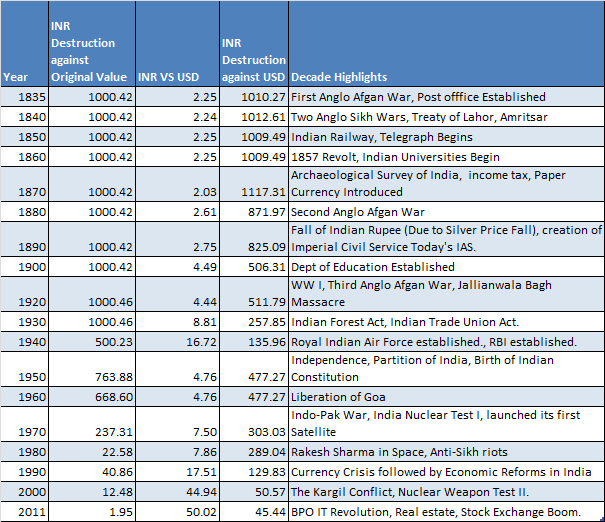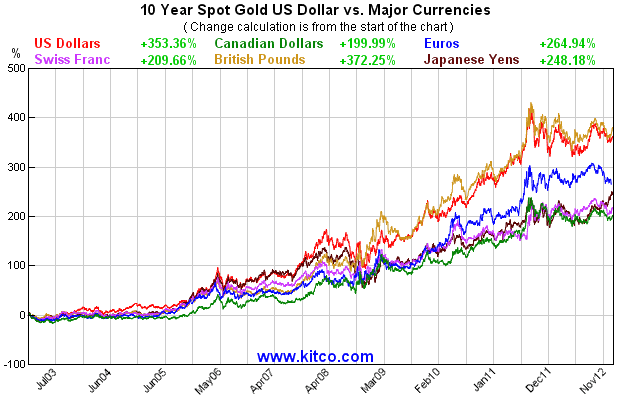

Whether it’s some quality time spent with the locals in the region, or maybe even just exploring the place on foot – every small activity leads up to a memory you’ll reminisce for life.

When it comes to an entirely new culture or the sheer thrill that surrounds a whole new country, one can’t help but enjoy every single moment that passes by. This is undoubtedly an essential and integral part of your travel and needs to be given the attention it is due. Each country comes along with its own culture, ethnicity, attractions and distinct atmosphere, altogether.īut, what remains a rather crucial calculative factor when it comes to accounting for travels, remains the currency value of your country to another. Incidentally, because of its stability, the German mark was also considered the reserve currency for the intra-European economy before the introduction of the euro.Tourists from across the world are seen travelling from far and wide, hoping to explore and truly soak in the spectacular beauty of every region. In Southeast and Far Asia, the Japanese yen is of enormous importance, but is slowly losing its significance due to its original circulation and is ceding its role to the Chinese renminbi. Although it still has a share of "only" 16 percent in terms of international use, it is gaining acceptance in more and more economies and also exhibits greater stability.ĭepending on the interpretation of the term reserve currency, other currencies are also regarded as such: The British pound has traditionally played a strong role in the countries of the British Commonwealth.

Since 2002, the euro has also increasingly been seen as a reserve currency. The dollar has enormous influence, accounting for 63 percent of global foreign exchange reserves (end of 2017).

dollar has been considered a reserve currency since World War II because, for example, oil prices are always calculated in dollars and numerous other currencies have pegged themselves to the U.S. Reserve currencies A reserve currency is a currency that is also used to a particular extent as a means of payment beyond its country of origin.


 0 kommentar(er)
0 kommentar(er)
